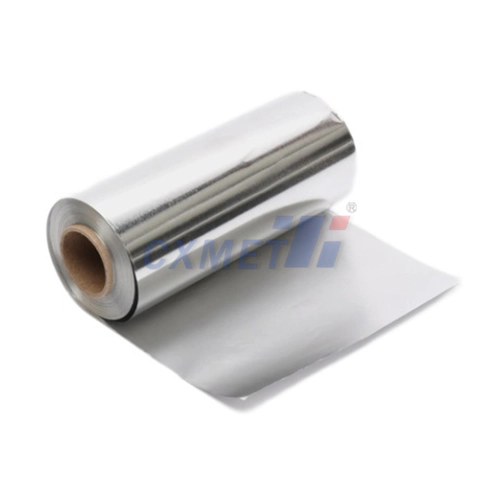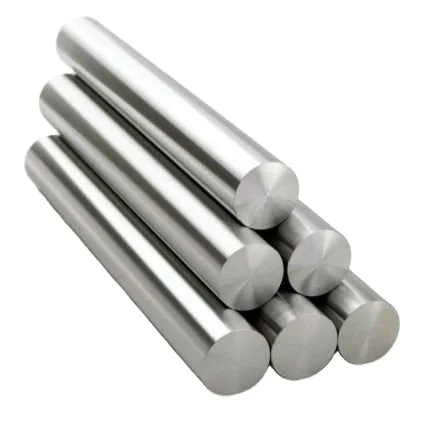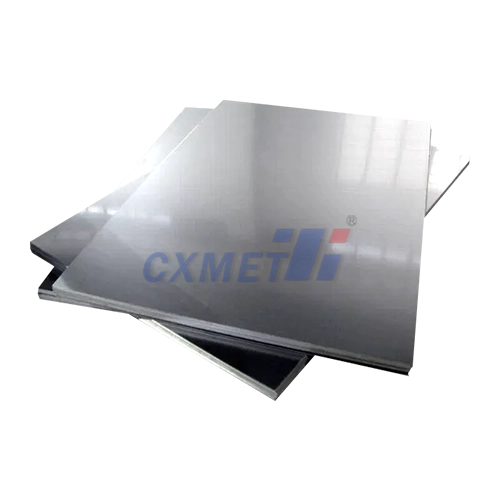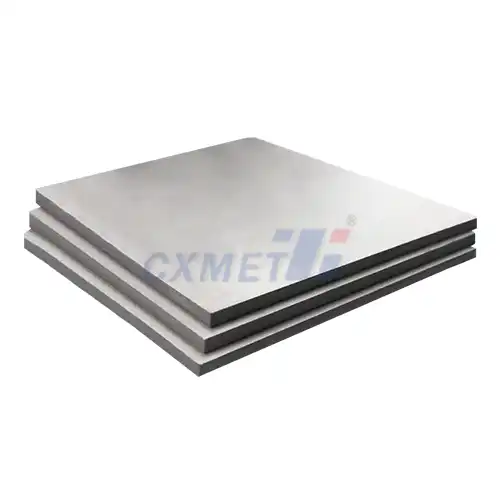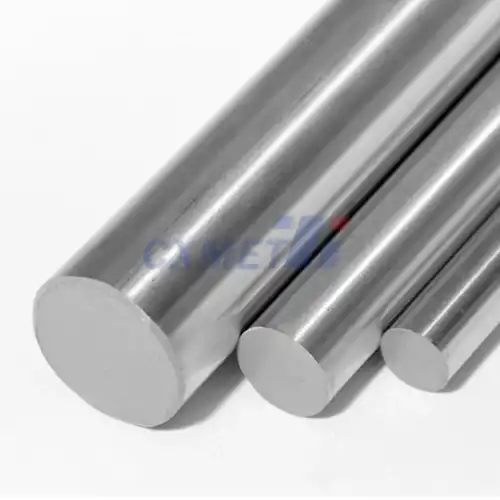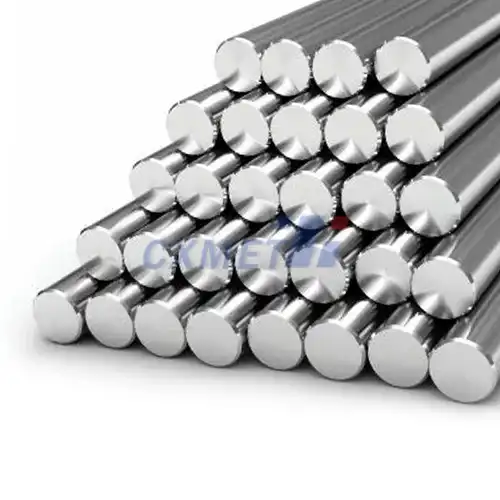- English
- French
- German
- Portuguese
- Spanish
- Russian
- Japanese
- Korean
- Arabic
- Greek
- German
- Turkish
- Italian
- Danish
- Romanian
- Indonesian
- Czech
- Afrikaans
- Swedish
- Polish
- Basque
- Catalan
- Esperanto
- Hindi
- Lao
- Albanian
- Amharic
- Armenian
- Azerbaijani
- Belarusian
- Bengali
- Bosnian
- Bulgarian
- Cebuano
- Chichewa
- Corsican
- Croatian
- Dutch
- Estonian
- Filipino
- Finnish
- Frisian
- Galician
- Georgian
- Gujarati
- Haitian
- Hausa
- Hawaiian
- Hebrew
- Hmong
- Hungarian
- Icelandic
- Igbo
- Javanese
- Kannada
- Kazakh
- Khmer
- Kurdish
- Kyrgyz
- Latin
- Latvian
- Lithuanian
- Luxembou..
- Macedonian
- Malagasy
- Malay
- Malayalam
- Maltese
- Maori
- Marathi
- Mongolian
- Burmese
- Nepali
- Norwegian
- Pashto
- Persian
- Punjabi
- Serbian
- Sesotho
- Sinhala
- Slovak
- Slovenian
- Somali
- Samoan
- Scots Gaelic
- Shona
- Sindhi
- Sundanese
- Swahili
- Tajik
- Tamil
- Telugu
- Thai
- Ukrainian
- Urdu
- Uzbek
- Vietnamese
- Welsh
- Xhosa
- Yiddish
- Yoruba
- Zulu
How Long Do MMO Coated Titanium Anodes Typically Last in Service?
2025-03-03 13:56:33
Mixed Metal Oxide (MMO) coated titanium anodes are widely used in various electrochemical applications due to their exceptional durability and performance. These anodes consist of a titanium substrate coated with a mixture of metal oxides, typically including iridium, tantalum, and ruthenium. The longevity of MMO coated titanium anodes is a crucial factor for industries relying on these components, as it directly impacts operational efficiency and maintenance costs. In this blog post, we'll explore the typical lifespan of MMO coated titanium anodes and factors that influence their service life.
|
|
|
What factors affect the lifespan of MMO coated titanium anodes?
The lifespan of MMO coated titanium anodes can vary significantly depending on several factors. One of the primary influences is the operating environment. Anodes exposed to harsh chemical conditions or high temperatures may experience accelerated degradation compared to those in milder settings. The current density at which the anode operates also plays a crucial role. Higher current densities can lead to faster wear of the coating, potentially reducing the anode's overall lifespan.
The quality of the coating itself is another critical factor. MMO coatings produced using advanced manufacturing techniques and high-quality materials tend to have longer lifespans. The thickness and uniformity of the coating contribute to its durability, with thicker coatings generally lasting longer. However, it's essential to note that there's an optimal thickness beyond which additional material doesn't significantly improve performance or longevity.
The specific composition of the MMO coating also affects its lifespan. Different metal oxide combinations are used for various applications, each with its own set of properties. For instance, coatings with higher iridium content often demonstrate better resistance to chlorine evolution, which is beneficial in chlor-alkali processes. On the other hand, coatings with higher ruthenium content may offer better performance in certain water treatment applications.
Maintenance practices significantly impact the lifespan of MMO coated titanium anodes. Regular inspection and cleaning can prevent the buildup of scale or contaminants that might otherwise lead to localized degradation of the coating. Proper storage during downtime and careful handling during installation or removal can also help extend the anode's service life.
The electrolyte composition and pH levels in the operating environment are additional factors to consider. Some electrolytes may be more aggressive towards the MMO coating, potentially accelerating its degradation. Maintaining optimal pH levels and electrolyte concentrations can help mitigate this issue and prolong the anode's lifespan.
How does the application impact the longevity of MMO coated titanium anodes?
The specific application in which MMO coated titanium anodes are used has a significant impact on their longevity. Different industries and processes subject these anodes to varying conditions, which can either extend or shorten their service life.
In the chlor-alkali industry, where MMO coated titanium anodes are widely used for chlorine production, the anodes typically operate in a highly corrosive environment. Despite these challenging conditions, well-maintained anodes in this application can last anywhere from 4 to 8 years, or even longer in some cases. The longevity in this application is largely due to the MMO coating's excellent resistance to chlorine evolution and the industry's well-established maintenance practices.
Water and wastewater treatment applications present a different set of challenges for MMO coated titanium anodes. In these settings, the anodes may be exposed to various contaminants and fluctuating chemical compositions. However, the generally lower current densities used in many water treatment processes can contribute to extended anode lifespans. In optimal conditions, MMO coated titanium anodes used in water treatment can last up to 10 years or more.
Cathodic protection systems, used to prevent corrosion in structures such as pipelines and marine vessels, represent another significant application for MMO coated titanium anodes. In these systems, the anodes operate at relatively low current densities and are often in less chemically aggressive environments compared to industrial processes. As a result, MMO coated titanium anodes in cathodic protection applications can have exceptionally long lifespans, sometimes exceeding 20 years.
The electroplating industry also utilizes MMO coated titanium anodes, where they may be exposed to various metal ions and acid solutions. The lifespan in these applications can vary widely depending on the specific plating process and electrolyte composition. Generally, anodes in electroplating can last between 3 to 7 years, with proper maintenance and operating conditions.
In the field of electrochemical organic synthesis, MMO coated titanium anodes are prized for their stability and catalytic properties. The diverse range of organic compounds and reaction conditions in this field means that anode lifespans can vary significantly. However, in many cases, these anodes can operate effectively for 5 to 10 years when used within their design parameters.
It's important to note that while these figures provide a general idea of anode longevity in different applications, actual lifespans can deviate based on specific operating conditions, maintenance practices, and the quality of the anode itself.
|
|
|
What are the best practices for maximizing the service life of MMO coated titanium anodes?
To maximize the service life of MMO coated titanium anodes, implementing a set of best practices is crucial. These practices not only extend the anode's lifespan but also ensure optimal performance throughout its service life.
Regular inspection and maintenance form the cornerstone of anode longevity. Establishing a routine inspection schedule allows for early detection of any coating degradation or other issues. During these inspections, technicians should look for signs of wear, such as changes in the coating's appearance, localized damage, or any unusual patterns of deterioration. Early identification of problems can prevent minor issues from escalating into major failures that could significantly reduce the anode's lifespan.
Cleaning is another essential aspect of anode maintenance. Over time, scale, precipitates, or other contaminants can accumulate on the anode surface, potentially interfering with its electrochemical performance and accelerating degradation. The cleaning method should be appropriate for the specific application and coating type. Gentle mechanical cleaning or chemical cleaning with suitable agents can effectively remove buildup without damaging the MMO coating.
Proper storage during periods of inactivity is often overlooked but can significantly impact anode longevity. When not in use, anodes should be stored in a clean, dry environment away from potential contaminants or physical damage. For long-term storage, consider using protective packaging or coatings to prevent environmental degradation.
Operating the anodes within their design parameters is crucial for maximizing their service life. This includes adhering to recommended current densities, electrolyte compositions, and temperature ranges. Exceeding these parameters, even for short periods, can lead to accelerated coating wear or catastrophic failure. Implementing robust process controls and monitoring systems can help ensure that anodes consistently operate under optimal conditions.
Proper installation and handling procedures are also vital. MMO coated titanium anodes, while durable, can be damaged by rough handling or improper installation techniques. Training personnel in correct handling procedures and using appropriate tools for installation and removal can prevent accidental damage that could shorten the anode's lifespan.
Water quality management is particularly important in applications such as water treatment or chlor-alkali production. Maintaining proper electrolyte composition, pH levels, and minimizing the presence of contaminants can significantly extend anode life. In some cases, pretreatment of the process water or electrolyte may be necessary to create optimal conditions for the anodes.
Implementing a data-driven approach to anode management can provide valuable insights for extending service life. By tracking performance metrics, operating conditions, and maintenance history, operators can identify trends that may indicate potential issues or opportunities for improvement. This data can also inform predictive maintenance strategies, allowing for more efficient scheduling of inspections and replacements.
Collaboration with anode manufacturers or suppliers can also yield benefits in terms of longevity. These experts can provide valuable advice on best practices specific to their products and may offer services such as performance analysis or coating regeneration that can extend anode life.
Investing in high-quality anodes from reputable manufacturers is a practice that often pays dividends in terms of longevity. While premium anodes may have a higher upfront cost, their extended service life and improved performance can result in lower total cost of ownership over time.
Lastly, continuous education and training of personnel involved in anode operation and maintenance are crucial. Keeping staff updated on the latest best practices, troubleshooting techniques, and technological advancements ensures that the anodes are managed with the highest level of expertise throughout their service life.
By implementing these best practices, industries can significantly extend the service life of their MMO coated titanium anodes, leading to improved operational efficiency, reduced downtime, and lower overall costs.
At SHAANXI CXMET TECHNOLOGY CO., LTD, we take pride in our extensive product range, which caters to diverse customer needs. Our company is equipped with outstanding production and processing capabilities, ensuring the high quality and precision of our products. We are committed to innovation and continuously strive to develop new products, keeping us at the forefront of our industry. With leading technological development capabilities, we are able to adapt and evolve in a rapidly changing market. Furthermore, we offer customized solutions to meet the specific requirements of our clients. If you are interested in our products or wish to learn more about the intricate details of our offerings, please do not hesitate to contact us at sales@cxmet.com. Our team is always ready to assist you.
|
|
|
|
References
1. Kraft, A. (2007). Electrochemical Water Disinfection: A Short Review. Platinum Metals Review, 51(1), 31-35.
2. Trasatti, S. (2000). Electrocatalysis: understanding the success of DSA®. Electrochimica Acta, 45(15-16), 2377-2385.
3. Panizza, M., & Cerisola, G. (2005). Application of diamond electrodes to electrochemical processes. Electrochimica Acta, 51(2), 191-199.
4. Chen, X., Chen, G., & Yue, P. L. (2001). Stable Ti/IrOx-Sb2O5-SnO2 anode for O2 evolution with high oxygen evolution potential. The Journal of Physical Chemistry B, 105(20), 4623-4628.
5. Martínez-Huitle, C. A., & Ferro, S. (2006). Electrochemical oxidation of organic pollutants for the wastewater treatment: direct and indirect processes. Chemical Society Reviews, 35(12), 1324-1340.
6. Comninellis, C., & Chen, G. (Eds.). (2010). Electrochemistry for the Environment. Springer Science & Business Media.
7. Xu, L., & Xiao, Y. (2013). Review of Manufacturing Processes for Titanium Dioxide Coated Electrodes. Rare Metal Materials and Engineering, 42(3), 560-564.
8. Abbou, Y., Savall, A., & Chelali, N. (2020). Electrocatalytic Activity of RuO2-IrO2 Mixed Oxide Coated Titanium Anodes. Journal of The Electrochemical Society, 167(10), 106511.
9. Gujar, T. P., & Shinde, V. R. (2006). Nanostructured and highly stable Ti/RuO2 thin film electrode for electrochemical supercapacitor. Electrochemistry Communications, 8(11), 1728-1732.
10. Basile, A., & Julbe, A. (Eds.). (2019). Membranes for Membrane Reactors: Preparation, Optimization and Selection. John Wiley & Sons.







